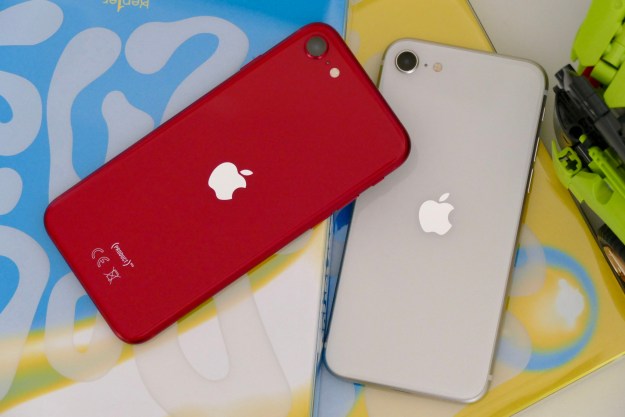(For more information about this issue, read our Net Neutrality guide.)
The proposal, called the Online Competition and Consumer Choice Act, was introduced by Sen. Patrick Leahy (D-Vt) and Rep. Doris Matsui (D-Ca). It would not give the agency new powers, it would only provide political backing in prohibiting ISPs from charging more for faster delivery of content.
Our country cannot afford ‘pay-for-play’ schemes… – Rep. Matsui
“Americans are speaking loud and clear – they want an Internet that is a platform for free expression and innovation, where the best ideas and services can reach consumers based on merit rather than based on a financial relationship with a broadband provider,” Leahy said in a press release. “The Online Competition and Consumer Choice Act would protect consumers and support a free and open Internet. The Senate should pass this important piece of legislation.”
“A free and open Internet is essential for consumers, and to encourage innovation and competition in the Internet ecosystem. Our country cannot afford ‘pay-for-play’ schemes that divide our Internet into tiers based on who has the deepest pockets,” added Matsui.
Senator Al Franken (D-Mn), a known advocate of Net neutrality, applauded the bill, saying: “Net neutrality is the principle that all Internet traffic must be treated equally … And that’s the way it should be— the website of a Minnesota small business should load as quickly as the website of a large business.”
“This bill sends a clear signal to the FCC that fast lanes and paid prioritization could endanger the internet ecosystem as we know it. The reason we have seen so much financial investment and innovation online is because the playing field for new entrepreneurs is level. As the FCC continues to evaluate new net neutrality rules, it’s important they understand that Americans want an internet that everyone can succeed in, not just the companies with enough money to pay a toll to ISPs,” added Public Knowledge, an open Internet advocacy group.
If the bill passes, it may compel the FCC to trigger what has been called its “nuclear option.” This involves the agency reclassifying broadband under Title II of the Communications Act. Such a move would give the FCC more regulatory power over broadband providers. If the FCC decides to go this route, it can regulate broadband companies the way it does phone companies.
While both the Democrats and Republicans oppose Net neutrality, they are divided on this particular segment of the debate. Republicans oppose reclassifying broadband providers as a public utility. Last month, a bill that seeks to prohibit the FCC from using its nuclear option was introduced in Congress.
A Democratic aide told the Washington Post that the Leahy-Matsui is unlikely to gain any support from Republicans. This means that the legislation has a slim chance of being passed in the Republican-controlled House of Representatives.


